Artist: Camarón de la Isla Album: La leyenda del tiempo
Year: 1979Duration: 0:0-1
La Leyenda Del Tiempo: A Critical Review of Camarón de la Isla's Masterpiece
Camarón de la Isla was one of the most prominent figures in Spanish music history. His work helped popularize flamenco and introduce it to younger generations. His album La Leyenda Del Tiempo is considered one of the best works ever recorded in the genre. In this blog post, we'll provide a brief history of the artist, explore the music genre of the album, identify the best songs of the album, critique its most innovative parts, and ultimately offer a critical review of this masterpiece.
Camarón de la Isla was born in San Fernando, Cádiz, Spain, in 1950. He came from a family of flamenco artists, and he began to perform at local festivities at a young age. His career took off in the 1960s, and by the end of that decade, he was already the most prominent flamenco artist in Spain. Camarón's deep, gravelly voice, and his flamboyant performance style made him an instant hit. His innovative approach to traditional flamenco made him an influential figure in the genre.
La Leyenda Del Tiempo was released in 1979. This album marked a departure from Camarón's traditional approach to flamenco. It incorporated elements of jazz and rock, creating a unique fusion of styles. The album was recorded with a group of young musicians in Madrid, and it immediately drew attention for its innovative sound. This album has been praised by many critics for helping to modernize flamenco.
The best songs on this album are undoubtedly Volando Voy, La Leyenda Del Tiempo, and Calle Real. Volando Voy is one of Camarón's most popular songs, with its hypnotic rhythm and introspective lyrics. La Leyenda Del Tiempo is another standout track, and it encapsulates the album's innovative mix of traditional flamenco and rock. Calle Real, meanwhile, is a beautiful ballad that showcases Camarón's unique vocal style.
The most innovative aspect of this album is its fusion of different styles. Camarón was never afraid to experiment with different sounds, and this album showcases his willingness to push boundaries. The addition of jazz and rock elements made this album accessible to a wider audience and cemented Camarón's reputation as an innovator in the genre.
La Leyenda Del Tiempo is an album that has rightly earned its place in Spanish music history. It was a groundbreaking work that helped modernize flamenco and introduce it to a younger audience. Camarón's unique vocal style and willingness to experiment with different genres made this album a masterpiece. The album's most notable tracks, Volando Voy, La Leyenda Del Tiempo, and Calle Real remain timeless classics. Overall, it is not an exaggeration to say that La Leyenda Del Tiempo is a must-listen album for anyone interested in learning about flamenco music.
Other #Flamenco albums:
SIMILAR BANDS
balls, from 1 to 5, describe similarity between the two bands
SOMETHING NEW? LISTEN TO RADIOGENRE
 Dubstep
Dubstep Hardcore punk
Hardcore punk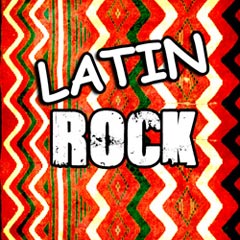 Latin rock
Latin rock Suicide girls
Suicide girls Hard rock
Hard rock House music
House music Alternative metal
Alternative metal Jazz
Jazz Cali4niamusic
Cali4niamusic Swing
Swing
SUGGESTED PLAYLISTS

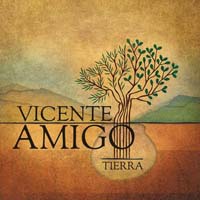
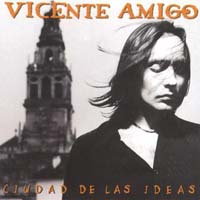
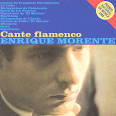
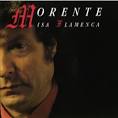
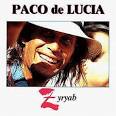
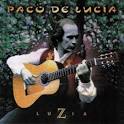
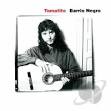
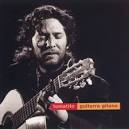

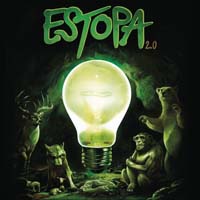
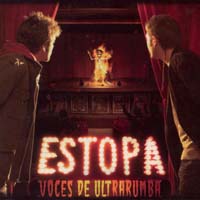






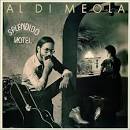
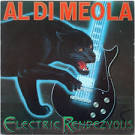
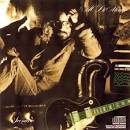
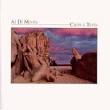
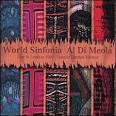
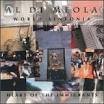
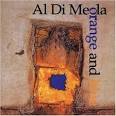
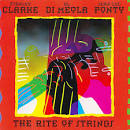
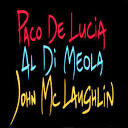


 The very best of garage house
The very best of garage house The very best of chillout
The very best of chillout The very best of rocksteady
The very best of rocksteady The very best of world music
The very best of world music The very best of reggaeton
The very best of reggaeton The very best of deep dub
The very best of deep dub The very best of ska punk
The very best of ska punk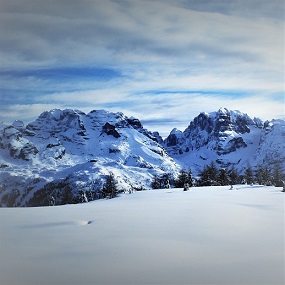 The perverted North
The perverted North Black Cat, White Cat
Black Cat, White Cat The very best of italian alternative rock
The very best of italian alternative rock